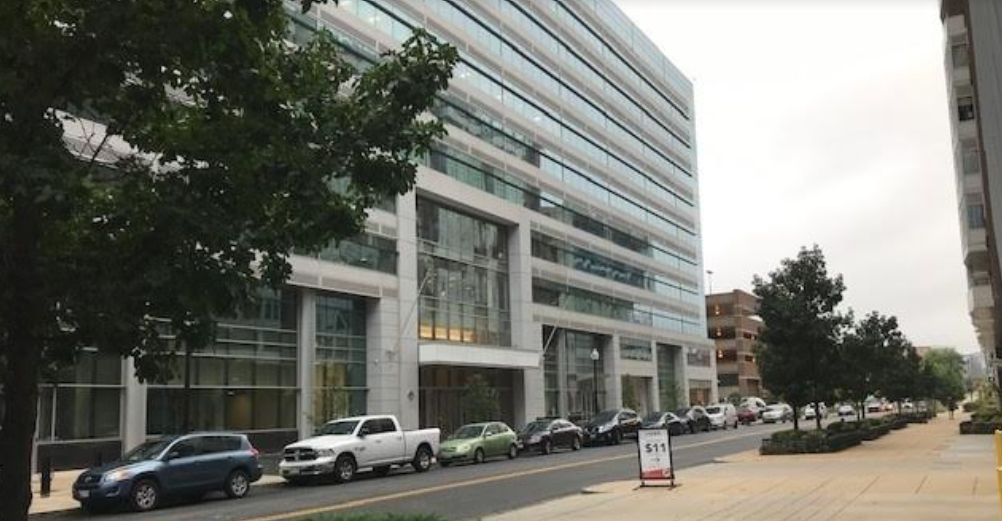FCC Grants Cox EBB Device Waiver
Said providers can be reimbursed for devices provided before subs switch to different provider

The smarter way to stay on top of the multichannel video marketplace. Sign up below.
You are now subscribed
Your newsletter sign-up was successful
The FCC is allowing broadband providers to get reimbursed for internet connectivity devices via the Emergency Broadband Benefit (a substantial hardship for Cox and all other EBB Program participating providers that have elected to offer a connected device. We find this waiver is in the public interest) even if their customer has switched providers since the device was supplied, saying that not to do so would prove a financial hardship on participating EBB companies.
Also Read: Emergency Broadband Benefit Sign-Ups Top Million
The FCC said the waiver would apply to all EBB participants.
Cox, joined by the National Lifeline Association, had sought a waiver of a rule prohibiting providers from seeking a reimbursement for connected devices not supplied by their current provider. The FCC will also update its Lifeline database to let those providers know whether customers have switched after getting a device.
The FCC's Wireline Competition Bureau, which granted the waiver, said it was doing so to remove a disincentive to participation in the program by broadband providers.
Cox had argued that without the waiver, it "will be unable to claim reimbursement for a device delivered to a household if, as a result of the household transferring its benefit to another provider, the household no longer receives the supported service from Cox and does not appear on Cox’s snapshot report of enrolled subscribers in the service month.
Given that a household can transfer to another EBB participating provider at any time, Cox argues, "there is a financial risk to Cox that it may offer a discount on a device for which Cox subsequently could not seek reimbursement, if the household is not served by the Cox at the time of the snapshot report..."
The FCC agreed that there is a "substantial hardship for Cox and all other EBB Program participating providers that have elected to offer a connected device," saying for that reason the waiver was in the public interest.
The FCC is currently handing out $3.2 billion in COVID 19-related broadband subsidies to make sure internet is affordable during the pandemic. Those include discounts on access devices that providers give--up to $100 dollars so long as the subscriber also pays some of the cost of the device--and then are reimbursed out of those funds.
The smarter way to stay on top of the multichannel video marketplace. Sign up below.
Contributing editor John Eggerton has been an editor and/or writer on media regulation, legislation and policy for over four decades, including covering the FCC, FTC, Congress, the major media trade associations, and the federal courts. In addition to Multichannel News and Broadcasting + Cable, his work has appeared in Radio World, TV Technology, TV Fax, This Week in Consumer Electronics, Variety and the Encyclopedia Britannica.

